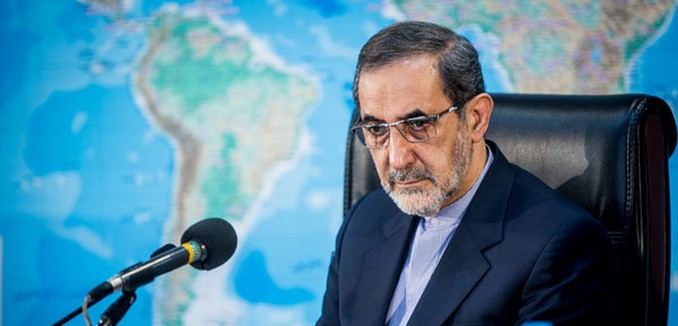Cooperating with an international anti-money laundering agency is not in Iran’s national interest, because doing so would harm the country’s ongoing support for terror, a senior adviser to Iranian Supreme Leader Ayatollah Ali Khamenei admitted Sunday.
Ali Akbar Velayati, chief of the Research Center of the Expediency Council, which advises Khamenei, said in a meeting with a United Nations official that joining the Financial Action Task Force (FATF) would impinge on Iran’s sovereignty. “We do not have to accept the international financial institutions [that] impose unfair restrictions on officials of the Islamic Republic of Iran,” he said, according to the official Islamic Republic News Agency. “Absolutely, the goal of the international financial institutions is to deprive Iran of free access to the financial and economic facilities and the Iranian economic activists. Iran should not observe such a restriction.”
The FATF actually temporarily removed Iran in June from its blacklist of countries that use their financial institutions to support terrorism, though the Basel Institute on Governance ranked the Iranian financial system as the world’s biggest money-laundering risk a month later. Many Iranian banks are still subject to American, European, and global sanctions due to their financing of terrorism.
Should Iran join the FATF, the group’s restrictions would prevent the Islamic Republic from supporting groups involved in the “campaign against Zionism and its supporters,” Velayati added, noting that FATF sanctions target “our campaigners inside and outside, either in the region [or] Palestine and Lebanon.” He specifically mentioned Hezbollah, which the United States has designated as a terrorist organization since 1997.
Iranian leaders including Khamenei and Central Bank of Iran governor Valiollah Seif, among others, have threatened that the nuclear deal could collapse if Iran doesn’t receive more investment and further sanctions relief.
However, the remaining existing financial sanctions were imposed on Iran before nuclear sanctions were imposed, as a reaction to the country’s systemic money-laundering and financing of terrorist groups. The New York Times editorial board asserted in April that Iran’s corruption, not American malfeasance, was responsible for the country’s economic problems. Similarly, Stuart Levey, President Barack Obama’s former undersecretary of the treasury for terrorism and financial intelligence and now the chief legal officer of HSBC Bank, wrote in The Wall Street Journal in May that because Iran remained a risk for “financial-crime risks and the underlying conduct,” his company had “no intention of doing any new business involving Iran.” Financial outlets reported a few days later that many other European banks were hesitant to do business with Iran because of the risks involved.
Furthermore, an International Monetary Fund official told Iranian authorities in May that “the best thing the government [of Iran] can do, and the banks can do, is to bring those standards up to international levels and try to reassure foreign partners, banks and otherwise that Iran’s banks are safe to deal with.”
Despite the economic limitations caused by corruption-related sanctions, the lifting of the nuclear sanctions has provided the Iranian economy with enough of a boost to possibly grow by four percent per year for the next five years. The Iranian parliament earmarked much of that sanctions relief-related gains toward military spending, which is expected to grow by 90 percent next year.
[Photo: Mehr News ]




